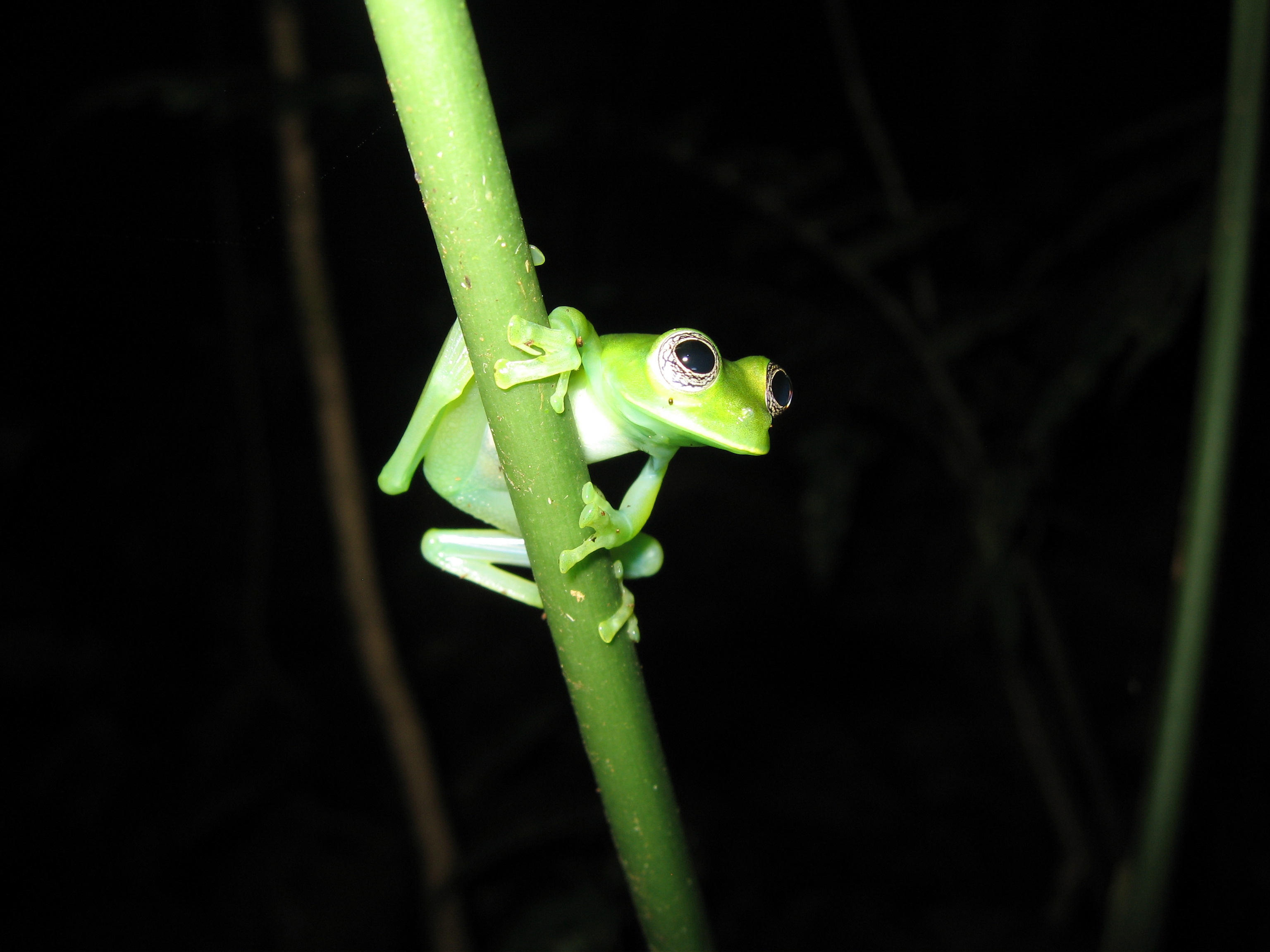Amphibians are very sensitive to changes in their environment and are among the first species to be affected by environmental stressors. They depend very heavily on environmental quality and water quality. When amphibian populations decline in the wild, it serves as a potent warning to other species, including humans. All ecosystems are incredibly interconnected and the disappearance of amphibians can have grave effects.
The partners in the Panama Amphibian Rescue and Conservation Project are committed to rescuing amphibian species that are in extreme danger of extinction throughout Panama. The efforts and expertise are focused on establishing insurance colonies and developing methodologies to reduce the impact of the amphibian chytrid fungus so that one day captive amphibians may be re-introduced to the wild.
While there is a lot of important conservation work being done in Panama on behalf of amphibians, there are many things you can do to have a positive impact on amphibian species:
- Tell a friend about the Panama Amphibian Rescue and Conservation Project and the amphibian crisis.
- Support the rescue project’s partners. Learn more here – http://amphibianrescue.org/about/partners/.
- Make a donation today in support of the rescue project! Visit http://amphibianrescue.org/donate/ to learn more.
- Text the word “FROG” to 20222 to donate $5 to the project. (Message and data rates apply)
- Reduce your carbon footprint as climate change can impact amphibians. Learn more at http://www.nature.org/initiatives/climatechange/calculator/.
- Volunteer for FrogWatch USA. Learn more at http://www.aza.org/frogwatch/.
- Recycle to keep waterways clean.
- Use biodegradable and other “green” cleaning products to keep phosphates and other chemicals out of the water.
- Keep chemicals out of water run-off by not fertilizing your grass or using pesticides.
- Be mindful of your water use, especially in the summer when there is a higher risk of droughts. Shallow water is more concentrated in pollutants than free-running water.
- Don’t put anything down a storm drain as it usually drains directly to a river or pond.
–Brooke Wardrop, Zoo New England

